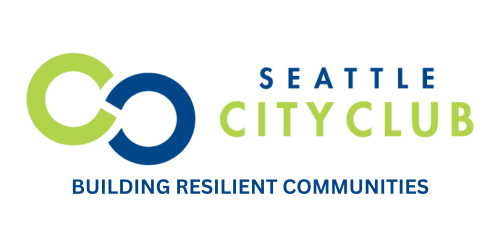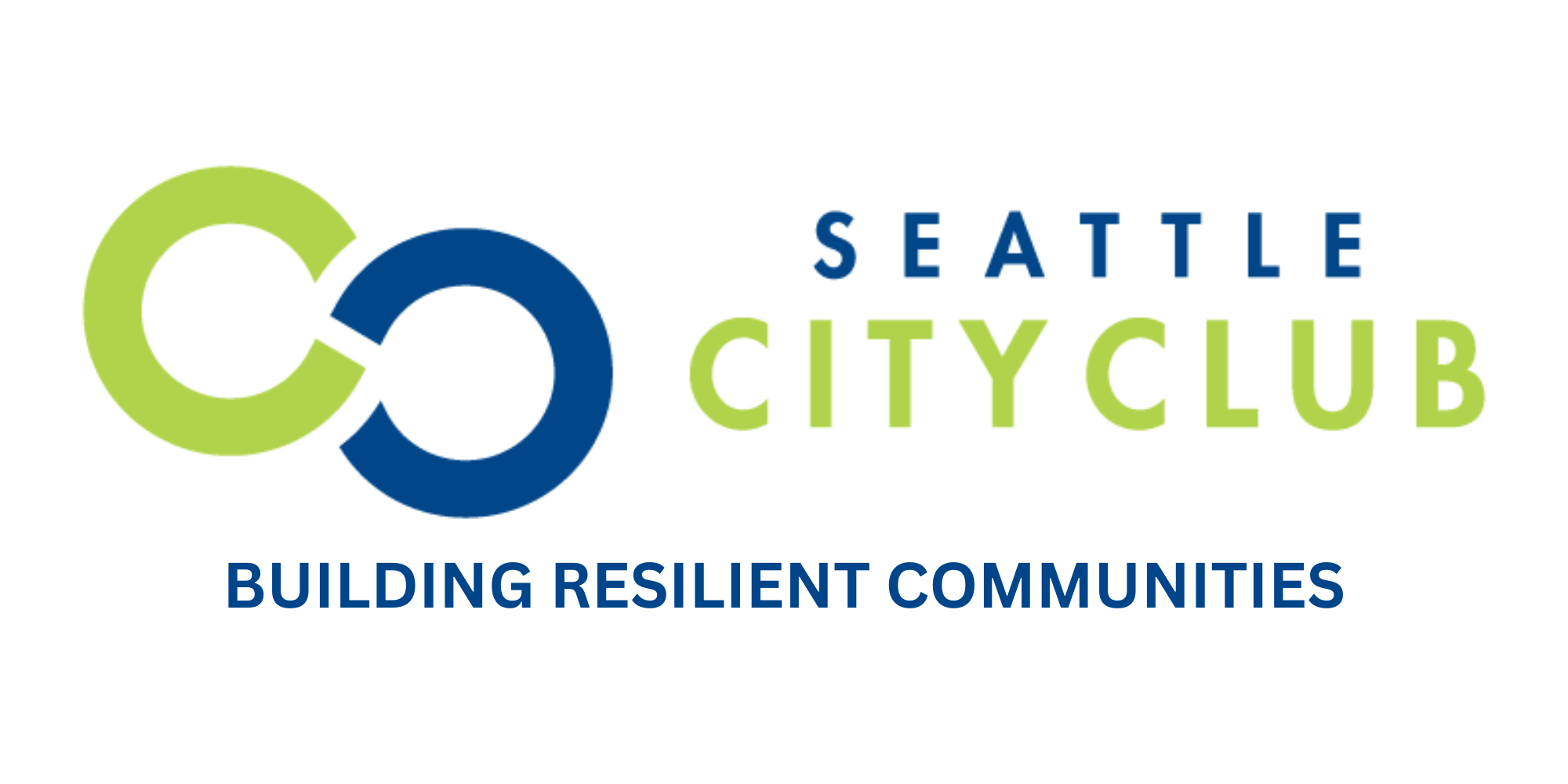Who was the first (or one of the first) family members to become a U.S. citizen?
My mom was the first person in our family to become a U.S. citizen, which she did about 12 years after immigrating to the U.S.
Where did they immigrate from?
She and my father emigrated from Havana, Cuba in 1959; my brother and I followed a few months later.
What did they do to earn a living once they arrived in the U.S.?
My dad, who had been the Minister of Education in Cuba, got his first job in the U.S. sweeping floors for a hotel in Miami Beach. My mom tried several factory jobs, like printing photographs and working in a novelties factory. At one point, she and my dad managed a small grocery and for many years, my dad worked at the Caressa shoe factory. Later in life, he taught advanced Spanish at a military academy.
Did they have family members already in the U.S. or were they the first in their family to immigrate?
My parents fled Cuba in 1959, when Castro came to power, and they settled in Miami; (a few months after they left, my brother and I, at five and three years old, boarded a Pan Am flight and joined them). Because it was still early in the revolution, my family was among the first wave of Cubans to immigrate; we didn’t have any family in the U.S., but in the years following our arrival, my aunt and grandmother came to live with us and we often temporarily hosted friends and relatives who were coming to the U.S. To my brother and me, it seemed like one of us was always sleeping on the couch so that a newly-arrived relative could have our bed.
What were their struggles?
Certainly my parents faced financial hardships as new immigrants, although, as a kid, I didn’t actually realize that we were “poor.” I knew we weren’t rich, but my parents worked hard to ensure that we didn’t feel deprived. These were the days before food stamps – what you got instead was army surplus food. My parents were too proud to accept it, but my aunt and grandmother would bring it home. It wasn’t until it was time for me to apply for financial aid for college that I realized I was “poor” enough to qualify for it.
Like most immigrants, the language barrier was a struggle for my parents. Because I was so young when I arrived, I learned English quickly, which made me a cultural broker for my parents. They called on me to translate for them. By then, more Cuban immigrants were arriving every day and my third grade class was at least half Cuban, so I was also tapped to translate for them, acting as a kind of teacher’s assistant.
For my dad, it was hard to give up the hope of one day returning to Cuba. He never applied for U.S. citizenship because he disliked the idea of renouncing his homeland – so, because only one of our parents was a citizen, my brother and I couldn’t automatically become citizens. We had to wait until we were legal adults to apply for our own U.S. citizenship.
What were their successes?
My parents made sure my brother and I got a good education, from preschool when we first arrived to the private Catholic school that we attended. They couldn’t afford the tuition, but we got free tuition because they served as house parents on the weekends for the “Peter Pan” kids. These were Cuban children, sponsored and housed by the Catholic Church, who were sent to the U.S. unaccompanied by their parents.
I think perhaps my family’s biggest success was how normal our lives were, because our parents put my brother and me first. We went on picnics, we had fun, and yet, when I think about it now, as an adult about the age my father was when he came here, it’s hard to imagine moving my whole family with two young kids and starting from scratch.
What is your favorite story about them or another ancestor?
When my parents fled Cuba, they left straight from a New Year’s Eve party for the airport and fled to the Chilean Embassy, eventually winding up in Miami on short-term tourist visas. A few years later, when my brother reached school age and they needed to formally establish residency in the U.S., they briefly left the U.S. for Canada and technically immigrated to Buffalo, New York (though they quickly returned to Miami).
What family traditions did your ancestors pass down to you?
My dad always wanted to keep my brother and me “Cuba-ready” in the event that we were able to return some day. To that end, he taught us about Cuban history and geography and was active in Cruzada Educativa Cubana, an organization founded by Cuban exiles to preserve and promote Cuban culture. I don’t think my brother and I were ever really Cuba-ready, but it did give us pride in our country as a place with a rich heritage.
In a lot of ways, we were typical American kids, but my family did do some things with a Cuban flavor. On Thanksgiving, we stuffed the turkey with beans and rice; we celebrated Christmas, but we also celebrated Three Kings Day, the traditional Latin American celebration of the Epiphany. My parents were a little afraid that we were becoming too acculturated, so my mom always told us that if we didn’t ask for things in Spanish on Three Kings Day, we wouldn’t get anything.
What is one way Seattleites can help new citizens feel welcome?
My advice would be not to try to take people’s language and culture from them, not anglicizing names, for example. Acculturation is important, but it can be done alongside preserving the traditions and heritage that people bring with them.

